Invited professors and computational scientists from partner institutions contribute to a 10-day programme of 60+ hours of lectures and hands-on exercises, covering two main themes: climate modelling and modern scientific computing, which span over a variety of topics: here
high performance computing
Events
People

Christopher Kadow
Head of Data Analysis Department, DKRZ
kadow@dkrz.de
Institutions
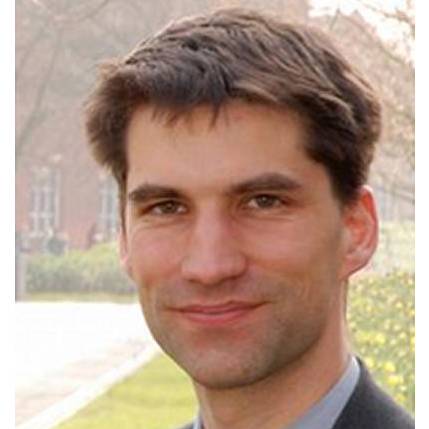
Hans Fangohr
Head of Group, MPSD
Professor of Computational Modelling
hans.fangohr@mpsd.mpg.de
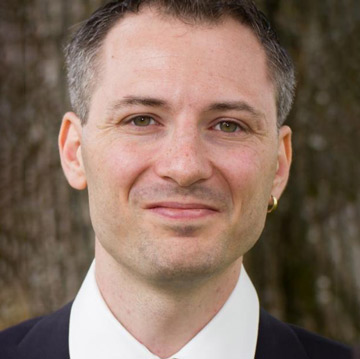
Philipp Neumann
Head of the container-based HPC center at HSU
IT-Gruppenleitung
philipp.neumann@hsu-hh.de
Institutions
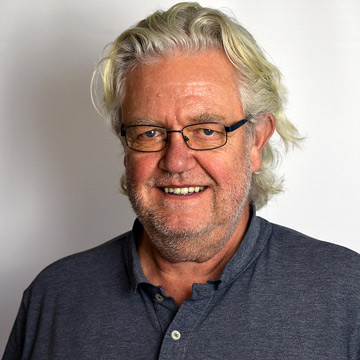
Reinhard Budich
Strategic IT Partnerships
reinhard.budich@mpimet.mpg.de
Institutions

Sebastian Götschel
Oberingenieur/Senior Scientist, Chair Computational Mathematics
Coordinator, MLE@TUHH
sebastian.goetschel@tuhh.de
Institutions
Institutions
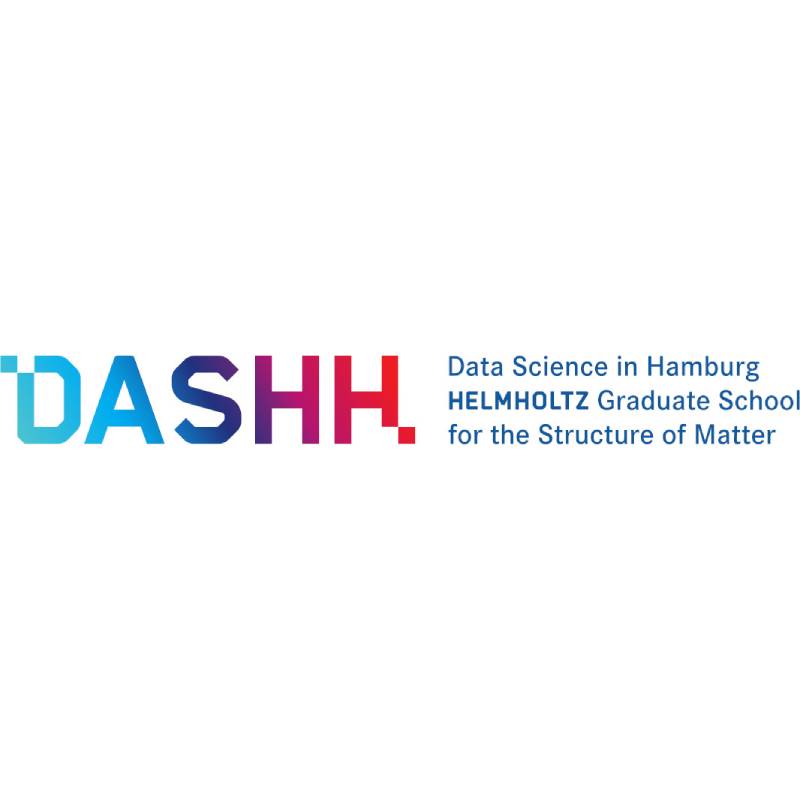
Data Science in Hamburg | Helmholtz Graduate School for the Structure of Matter, DESY & UHH & TUHH & HSU & HAW & Hereon & HZI & MPSD & EuXFEL
Helmholtz graduate school educating the next generation of international and interdisciplinary data scientists

DESY
DESY is one of the world’s leading accelerator centres.

German Climate Computing Center (DKRZ)
The High Performance Computing Center for the Climate Community in Germany
People
Max Planck Institute for the Structure and Dynamics of Matter
Scientific Support Unit researching the use of computation to accelerate and support research.
People
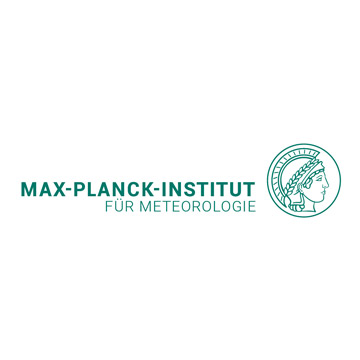
Max-Planck-Insitut für Meteorologie
We are interested in the processes that establish Earth’s climate and that cause it to change.
People

The Helmut Schmidt University (HSU)
The Helmut Schmidt University/University of the Federal Armed Forces Hamburg is a place of science.
People





